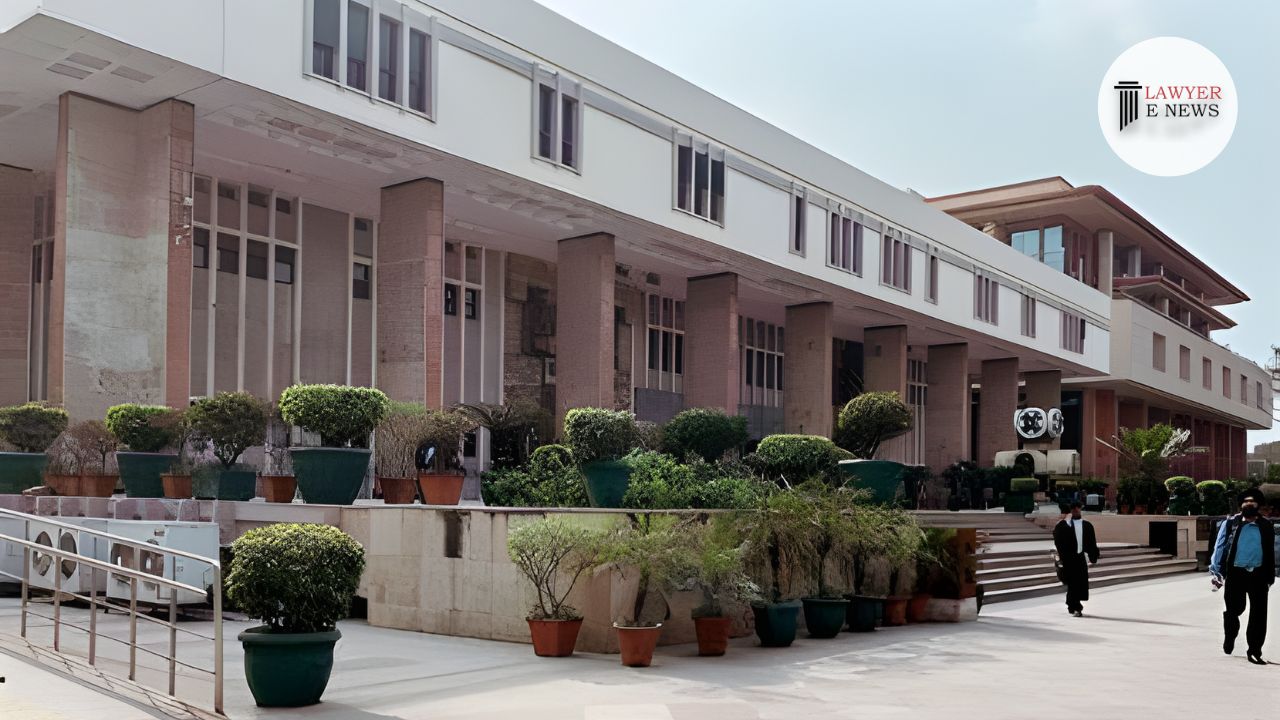-
by sayum
14 February 2026 2:22 PM



The Delhi High Court ruled on a significant legal point concerning whether a sanyasi (renunciate) retains the right to own and assign copyright over his literary works. The court affirmed that renunciation does not strip a sanyasi of property rights, including intellectual property, setting a precedent for similar cases involving religious and spiritual figures.
The dispute revolved around the Bhaktivedanta Book Trust India (plaintiff) against www.friendwithbooks.co (defendant) over unauthorized reproduction and online dissemination of literary works copyrighted by the plaintiff. The plaintiff trust manages copyrights originally owned by Srila Prabhupada, a renowned sanyasi and spiritual leader who had assigned these rights to the trust. The defendant challenged the legitimacy of such assignment on the grounds that a sanyasi, by the nature of renunciation, could not own or assign property, including intellectual property.
The court observed that no legal statutes or precedents explicitly prevent a sanyasi from owning or transferring property. Previous judicial decisions have supported the capacity of renunciates to own and bequeath property, thereby validating the assignment of copyright by Srila Prabhupada to the plaintiff trust.
The defendant acknowledged the infringement following an injunction and removed the disputed content. However, the core legal debate centered on the capability of a sanyasi to hold copyrights. The court concluded that there was no legal prohibition against sanyasis owning or transferring property rights, and thus the copyrights assigned by Srila Prabhupada were upheld as legally valid and effective.
Decisions like Swami Dr. Kishore Dass Ji v. State and Anr and Math Sauna v. Kedar Nath alias Uma Shankar were cited, which affirm that religious renunciation does not necessarily involve the relinquishment of all property rights.
The court decreed the suit in favor of the plaintiff Trust under Order XIIIA of the Code of Civil Procedure, concluding that the defendant had no substantial defense against the copyright claim. All pending applications were declared infructuous, and the suit was disposed of accordingly.
Date of Decision: 5th April 2024
The Bhaktivedanta Book Trust India versus WWW.FRIENDWITHBOOKS.CO
